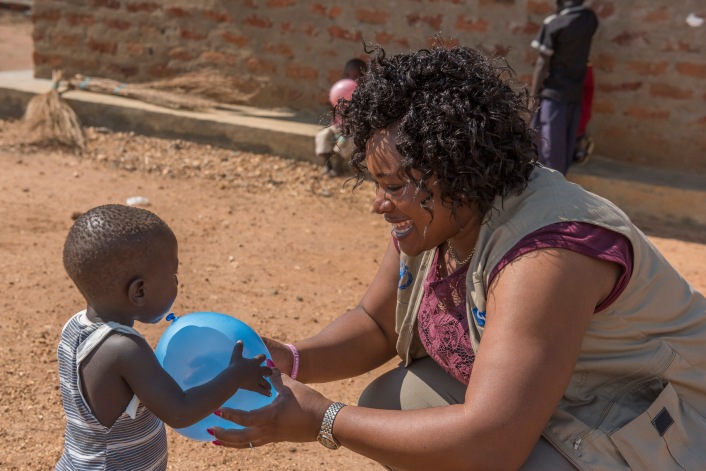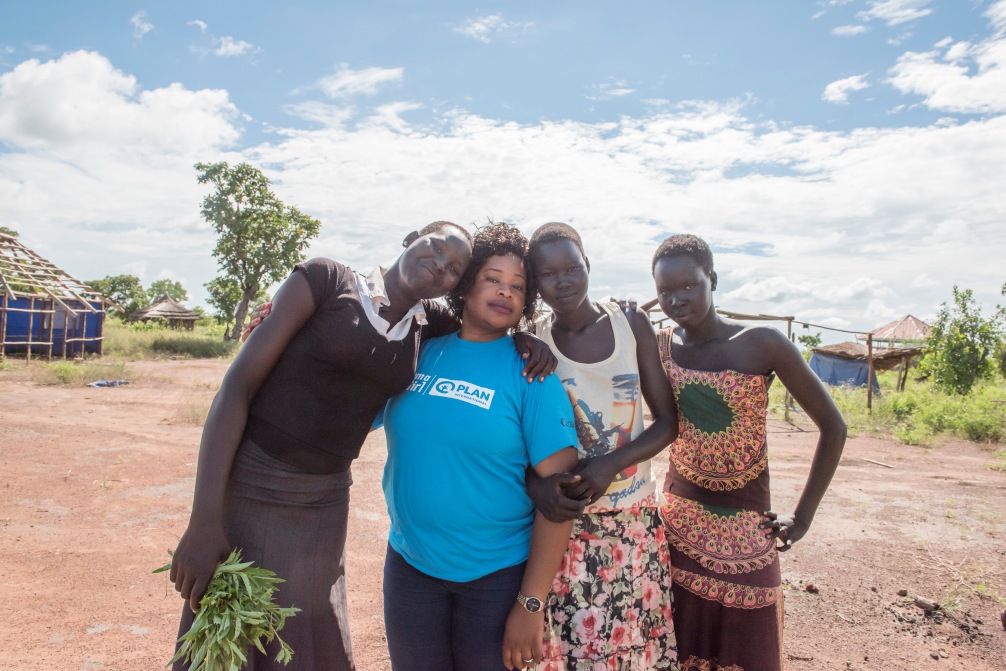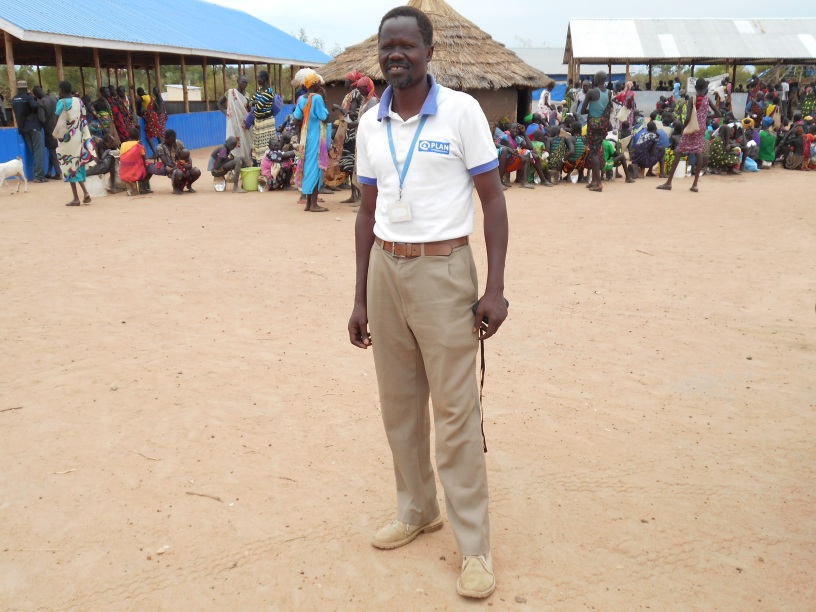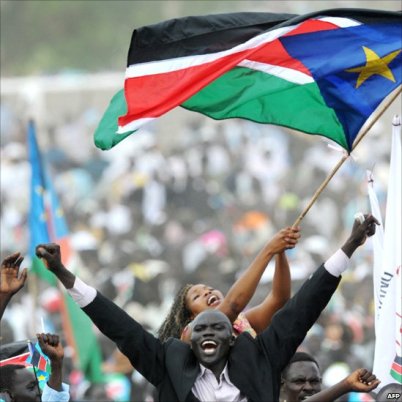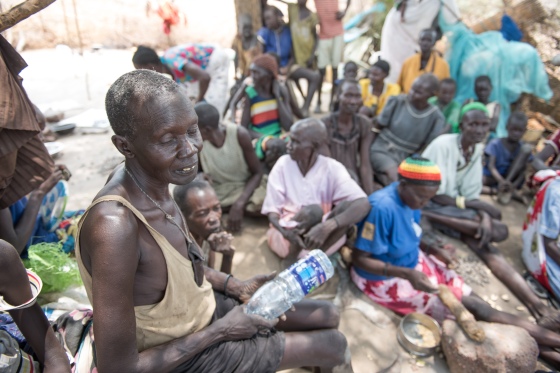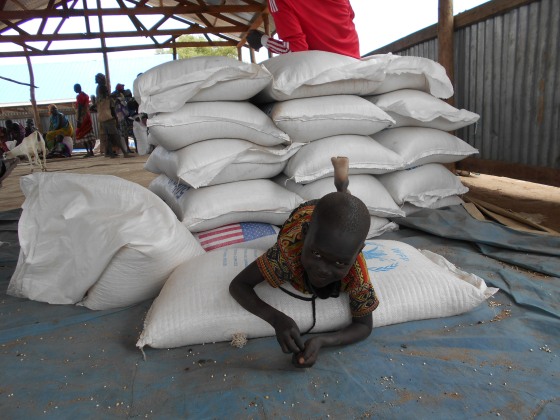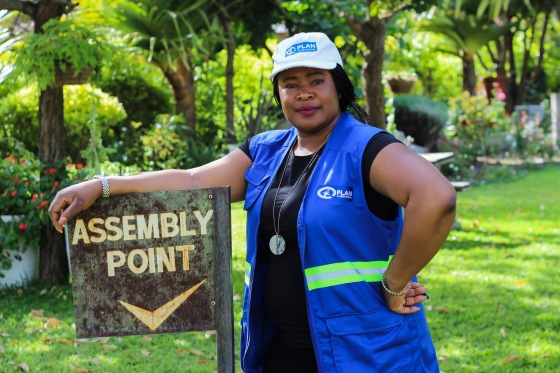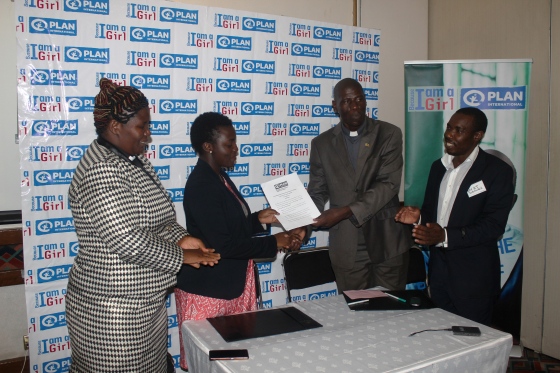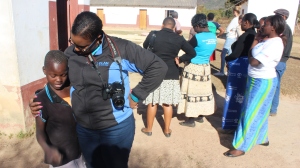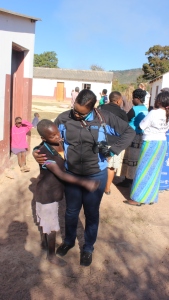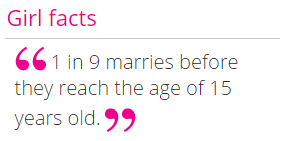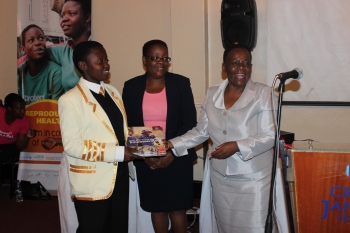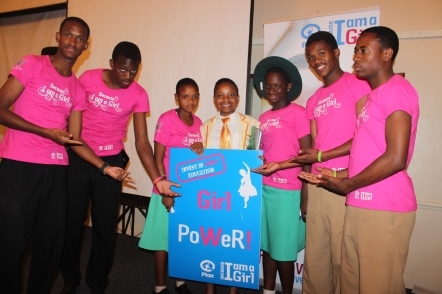Mothers in most parts of the world will receive bouquets of flowers or various gifts in a few hours and beyond. Most, will feel the once-a -year embrace, a visit, a phone call or even teary apology from their never present and maybe troublesome children.
In whatever form the recognition will come, it is a stark reminder and acknowledgement of the specialness of motherhood. Just a small thank you to a woman who carried the burden of caring for someone from conception, (for some) to whatever age. No wonder my mother often said, “I carried you for more than 9 months!” Being a mother is more than the experience of conceiving and giving birth. It takes lots of responsibility and sacrifice.
In the midst of all joys, pomp and fanfare is a less celebrated mother.
For her, motherhood is an everyday ordeal of shame, ridicule and stigma. She may feel unaccepted, lose friends she thought she had and gain unwanted attention.
She is the young mother, the teen mother, the one who got pregnant at a socially unaccepted age in most instances between a little under 12 to 18 years of age.
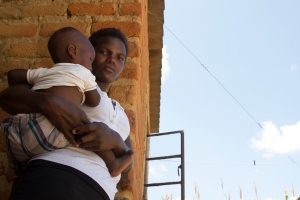
Young mothers often feel stigmatised Picture: DAVINA JOGI
The reasons leading to her pregnancy vary from; rape (by boyfriends, family members or strangers), playful flirtations (being caught up in the moment), drunkenness, pressures of experimenting, inconsistent use of contraception (and even lack of it in my side of the world or feeling embarrassed to use it), abstinence only education (don’t, never, stay away!). Evidently, the young people are not ready to make their own choices.
Whatever the circumstance, they too have become mothers. Someone helpless cries, screams and calls for her attention, embrace, love, food… the list is endless.
In confusion many wallow. It is an overwhelming experience of fear wrapped in frustration too. For most, even regret. Yet still their children look up to them for a mothering touch.
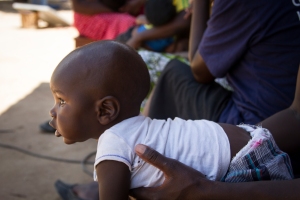
Children crave for a mother’s touch Picture: DAVINA JOGI
I have often read that, “Being a young mother means that I met you a little early, but it also means I get to love you a little longer”. That is the wish of many young mothers everywhere but society has none of that.
Teen mothers disappeared from the high school corridors, but they do not disappear from society. Their names show up on the social welfare chats, they are statistics reflected on the margins of society.
Most were even kicked out of their homes and left begging for love from often estranged ‘husbands’ who less likely marry them now nor in the future. The hopeless mothers feel guilty and anxious. Research has it that children of teen mothers are at the receiving end. Such children are subjected to abuse and neglect as their mothers feel the overpowering and unfamiliar demand of motherhood.
As we celebrate the phenomenal works of mothers and women in our lives. Let us spare a thought and pour love to these mothers whose potential we have not tapped.
But something must be dealt with
Teenage pregnancy is unfortunate and must be nipped in the bud. As societies, we should not only focus much on its prevention but more on positive youth development. Preventing pregnancy does not increase opportunities for the young people. It definitely does not enhance their access to quality education neither does it make their communities and schools safer and conducive for them to remain in school.
In as much as I commend the countless amounts of money and efforts spent on focusing on making sure teenagers don’t get pregnant before turning 18, let us not miss out on the discourses about consent, healthy relationships and agency. If we empower young people to make their own decisions and give them the efficient tools to make such decisions that is a big step towards decreasing teen pregnancy.
Some stars in the darkness
At Plan International Zimbabwe all hope is not lost for these young mothers. With our vision of a world in which all children realize their full potential, our strides to make dreams come true for such mothers are gaining momentum. We are working hand in hand with communities giving these ‘children’ YES! They are still children, a second chance to education. Our Building Skills for Life program supports girls who dropped out of school from various reasons including pregnancy to re- enroll.
The program is all encompassing and provides full range educational options including personal, emotional and academic emphasis. Building Skills for Life ensures the young woman’s access to better opportunities, social support, career guidance, employment and empowering life skills.
So for Mother’s Day, a day which knows no age no circumstance, young mothers must be celebrated too, honored and cherished for not only bracing the responsibilities of motherhood but also enduring the unfortunate societal stigma.
Happy Mother’s Day!
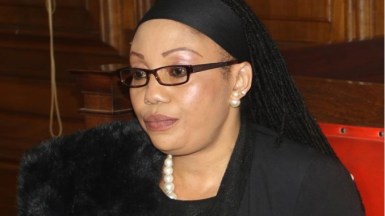 As a young lady aspiring to lead nations and already leading millions of girls in the world, I am sorry my sister and mother for all the bad channelled towards you in the recent past.
As a young lady aspiring to lead nations and already leading millions of girls in the world, I am sorry my sister and mother for all the bad channelled towards you in the recent past.